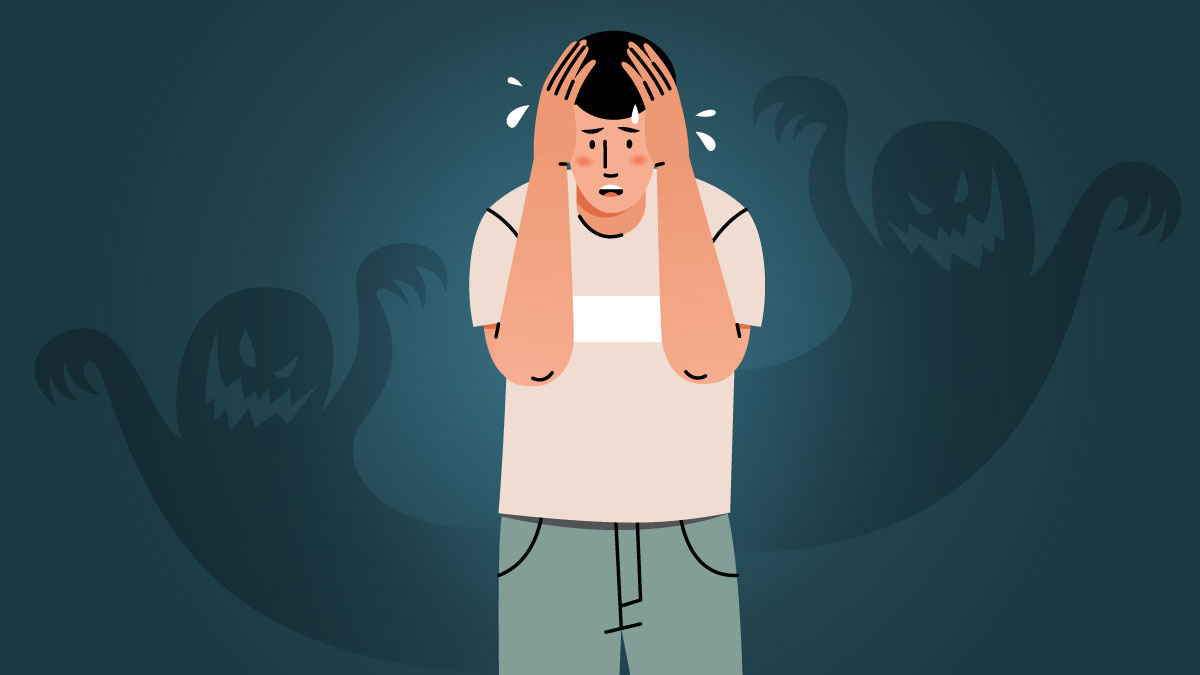In an age of glowing screens and 24/7 productivity, sleep has become an afterthought. But sleep is not a luxury—it’s a biological necessity. Millions struggle with insomnia—difficulty falling or staying asleep—and poor sleep hygiene may be the silent culprit.
What Is Sleep Hygiene?
Sleep hygiene refers to the habits and practices that support good nighttime sleep quality and full daytime alertness. It’s like dental hygiene—but for your brain and body to recharge properly.
Signs You May Have Poor Sleep Hygiene
-
Trouble falling asleep, even when tired
-
Waking up multiple times during the night
-
Relying on caffeine or naps to function during the day
-
Feeling groggy despite sleeping for 7–8 hours
Top Sleep Hygiene Tips That Actually Work
-
Stick to a Consistent Sleep Schedule:
Go to bed and wake up at the same time—even on weekends. -
Create a Bedtime Ritual:
Read a book, stretch gently, or practice breathing exercises to signal your brain it’s time to wind down. -
Limit Screen Time Before Bed:
Blue light from phones and laptops suppresses melatonin. Try to avoid screens for at least 1 hour before sleep. -
Watch Your Diet:
Avoid caffeine after 3 PM, heavy meals close to bedtime, and excessive alcohol—which disrupts sleep cycles. -
Make Your Bedroom Sleep-Friendly:
Cool, dark, and quiet rooms promote deep sleep. Use blackout curtains, white noise machines, or sleep masks if needed. -
Use the Bed for Sleep Only:
Avoid working, eating, or scrolling social media in bed to train your brain that bed = rest.
When to See a Doctor
If insomnia persists for more than a few weeks, or if it begins affecting your mood, memory, or daily function, consult a sleep specialist. Chronic insomnia can be a symptom of underlying mental or physical health issues, including:
-
Anxiety or depression
-
Sleep apnea
-
Hormonal imbalances
Natural Remedies That May Help
-
Melatonin supplements (short-term use only)
-
Chamomile tea or lavender oil for relaxation
-
Cognitive Behavioral Therapy for Insomnia (CBT-I)—a highly effective, drug-free treatment
Poor sleep isn’t just an inconvenience—it’s a health risk. It increases the risk of heart disease, diabetes, depression, and even memory loss. By rethinking our bedtime habits, we can reclaim restful, restorative sleep—night after night.



